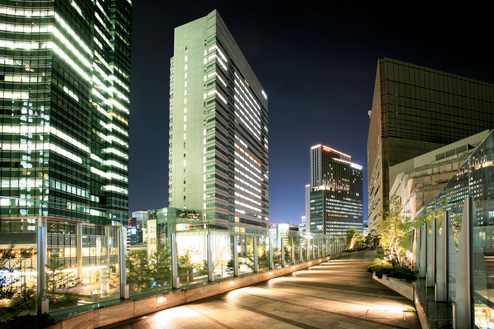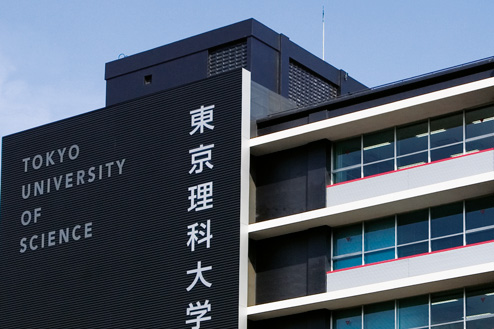Legal Issues
Japanese law is divided into six codes: a democratic Constitution, civil code, civil procedure code, penal code, criminal procedure code, and the commercial code. These codes are maintained and carried out by a tiered court system, which involves a Supreme Court, high courts, district courts, family courts and summary courts. In general, lawsuits in the Japanese court system are more likely to result in out of court settlements. Court proceedings are carried out exclusively in Japanese – interpreters should be arranged by the parties involved. There is no pre-trial discovery or jury system, and the judge’s decision is final. Legal documents are written in Japanese, and all non-Japanese legal documents must be translated and notarised. The law applies to all citizens and non-citizens.
Japan has remarkably low reported crime rates, and police have a visible presence in Tokyo, with police boxes kōban all over the city. Neighbourhood patrols are common. Serious crime is rare, but theft and burglary occur as in any big city. Bag snatching from motorbikes or bicycles (hittakuri) is a regular complaint, as is data theft at ATMs. Crime is treated seriously and there are very strict laws on drug possession, gun possession, drink-driving, and overstaying visas.
Individuals that are arrested can be detained for three to 23 days and will be questioned by the authorities or prosecutor. Translators can be requested, but the quality and availability varies. Everyone has a right to legal counsel, with the option of going public or private. In the case of serious offences however, reports have been made of individuals being held without legal counsel or communication with their embassy until indictment. Prisons are run on a rules-based system where inmates are expected to engage in work and social reform activities. Solitary confinement is not unusual for routine infractions, and medical care is generally limited to emergencies. Better accommodation is provided for good behaviour, but parole is usually not considered until at least 60% of a sentence has been served.
Common legal issues that face expats range from labour disputes, traffic violations, divorce proceedings and child-custody disputes, to visa and immigration procedures. In popular nightlife areas such as Roppongi or Kabuki-chō in Shinjuku, arrests for public disturbances brought on by drunk or rowdy behaviour are not unheard of.
Japan has remarkably low reported crime rates, and police have a visible presence in Tokyo, with police boxes kōban all over the city. Neighbourhood patrols are common. Serious crime is rare, but theft and burglary occur as in any big city. Bag snatching from motorbikes or bicycles (hittakuri) is a regular complaint, as is data theft at ATMs. Crime is treated seriously and there are very strict laws on drug possession, gun possession, drink-driving, and overstaying visas.
Individuals that are arrested can be detained for three to 23 days and will be questioned by the authorities or prosecutor. Translators can be requested, but the quality and availability varies. Everyone has a right to legal counsel, with the option of going public or private. In the case of serious offences however, reports have been made of individuals being held without legal counsel or communication with their embassy until indictment. Prisons are run on a rules-based system where inmates are expected to engage in work and social reform activities. Solitary confinement is not unusual for routine infractions, and medical care is generally limited to emergencies. Better accommodation is provided for good behaviour, but parole is usually not considered until at least 60% of a sentence has been served.
Common legal issues that face expats range from labour disputes, traffic violations, divorce proceedings and child-custody disputes, to visa and immigration procedures. In popular nightlife areas such as Roppongi or Kabuki-chō in Shinjuku, arrests for public disturbances brought on by drunk or rowdy behaviour are not unheard of.













